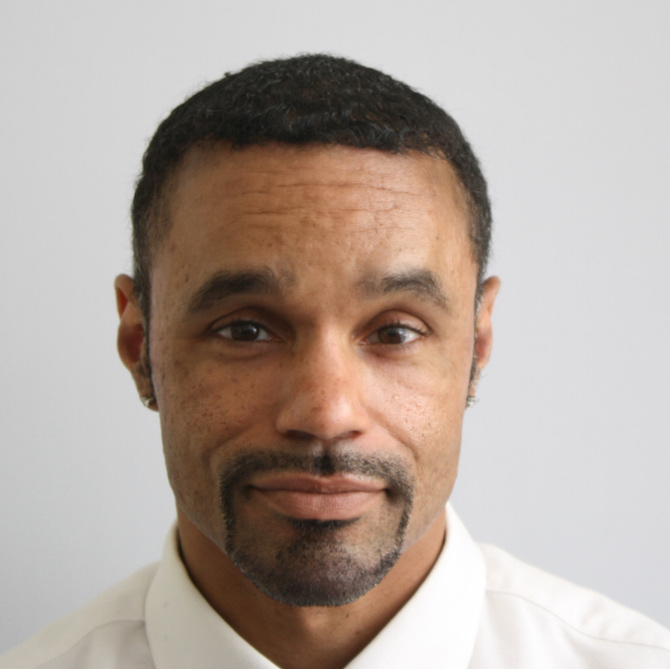Isaac Burt is an associate professor in the department of counseling, recreation and school psychology (CRSP), as well as a Faculty Fellow with the Office to Advance Women, Equity & Diversity (AWED).

He is the winner of this year’s President’s Access and Equity Award, which is given to individuals who have demonstrated efforts exceeding mandated job responsibilities to support the goals and objectives of diversity and inclusion. Isaac is both honored and humbled to be the recipient of such a prestigious acknowledgement. “There were several qualified candidates, and for the President to select me from such a qualified group reinforced the belief that the work I do is meaningful, noteworthy, and necessary,” he says. “It encourages me to continue to pursue this line of work that is helping to make significant changes in peoples’ lives.”
That line of work is the field of counseling and mental health, and his particular focus is on culturally sensitive treatments for aggressive youth and social justice for historically disenfranchised and marginalized populations. He wants to dismantle the discriminatory and unfair systemic barriers those populations often encounter in schools and organizations.
For example, one of his goals is to redefine methods that disproportionately identify Black and Latino youth as angry. “Instead of labeling adolescents as aggressive, mad, or delinquent, I implement a strength-based approach that reframes youth as potential leaders, who have obstacles such as systemic institutional barriers that are impeding their development.”
This technique is emblematic of the philosophical basis for counseling, which should not focus entirely on a person’s problems, but work holistically by simultaneously addressing an individual’s strengths and weaknesses. By addressing the confounding emotional or behavioral issues in a particular situation instead of stereotyping an individual as “problematic” or “unteachable,” Isaac helps individuals develop stronger mental health practices.
Isaac has also been working with AWED for years. He’s a part of the team that works on FIU ADVANCE, a $3.2 million dollar NSF Institutional Transformation grant aimed at developing strategies to increase the number of women and minority professors in STEM and the social behavioral sciences, and served this past year as a Faculty Fellow.
He was attracted to AWED’s mission to implement real change on campus. “It’s very easy to hold discussions about systemic change. It is an entirely different thing to actually advocate and implement change by creating and developing programs to remove these institutional barriers, which is action. I enjoy being part of action steps progressing forward, so it is that component of AWED and ADVANCE that I think is critically important.”
As a Faculty Fellow, Isaac not only continued his work with STRIDE (workshops aimed at best practices for search committees) and Bystander (a workshop for faculty about noticing implicit bias and intervening in situations where bias occurs), but served as a liaison between AWED and the CRSP department, and also served as the chair of the CRSP’s diversity and inclusion team. Service is important to Isaac. He was a senator on the UFF-FIU executive council last year, and is also a member of the President’s Leadership Council, which is a professional development program designed for current FIU faculty and staff that focuses on challenges and trends faced within higher education.
Working towards diversity and inclusion is a large task, but Isaac believes any department, at any university, can take steps to begin the process. One common problem, he says, is that departments create lofty goals which look good on paper, but are not realistic. Once effort goes into achieving these objectives and they fall short, the instinctual reaction is to abandon any more effort towards change.
“What departments should do is meet their faculty where they are, and start pursuing attainable goals that utilize the resources available to them,” says Isaac. “An amazing phenomenon occurs. The department reaches these smaller goals, and morale increases. That success is a seed that will continue to grow, and real change can occur.”
